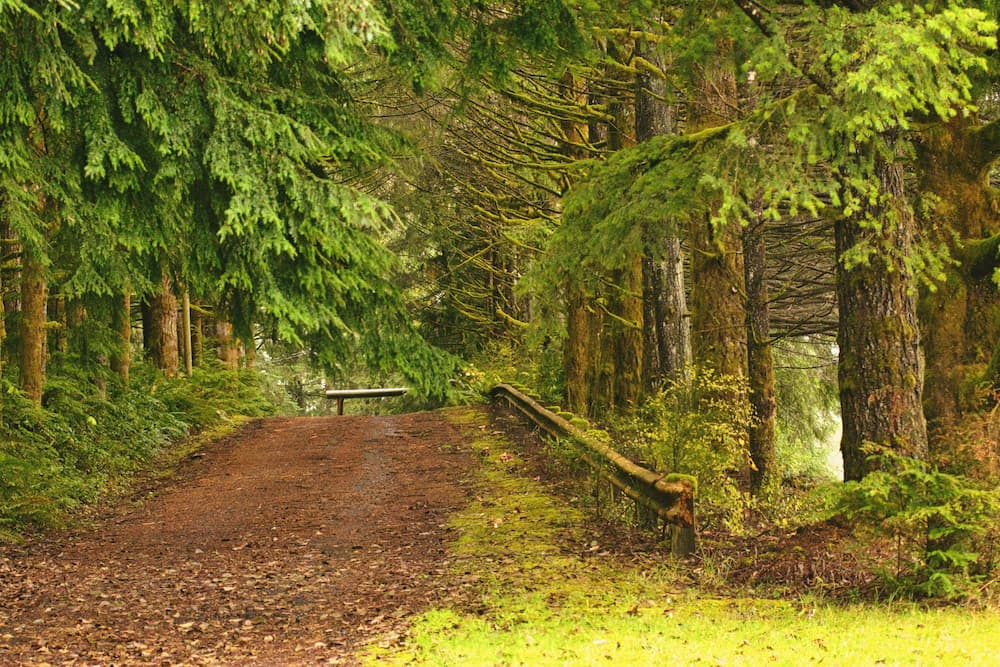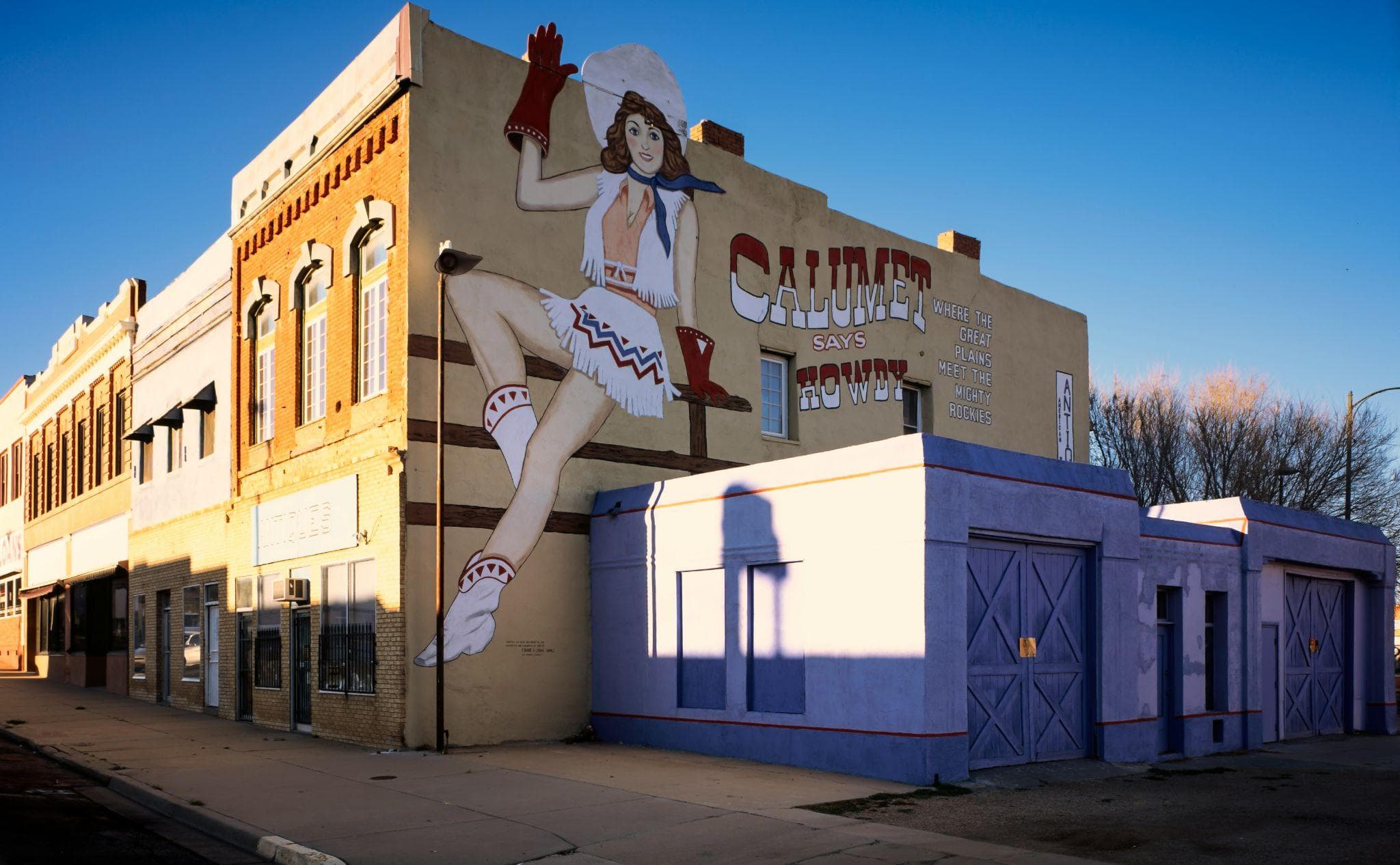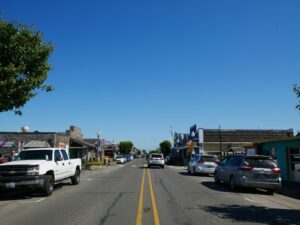Everyone’s obsessed with living their best life. It may involve moving to the big city, climbing ladders, and posting about their amazing life. And look, we get it. We spend years thinking that faster means better, that busier means important. But here’s what messes you up: you realize you’re so focused on getting somewhere that you never actually are anywhere.
Small towns completely flip this whole thing on its head. Not because they’re perfect or magical or whatever. But because they force you to actually slow down, and here is why it’s a better life.
The Pace Feels More Human
You know how in cities everything feels like an emergency? Late for the train, late for the meeting, late for drinks, late for being late. We eat most of our meals while doing something else. Breakfast while checking emails. Lunch at the desk. Dinner in front of Netflix. Food becomes just fuel to keep going.
Small towns break you of that real quick. People here sit down for meals. Like, actually sit. The coffee shop has real mugs because people stay long enough to use them. Conversations happen in grocery store aisles, and nobody’s giving you the stink eye for blocking the cereal.
What really gets you is this: you go to pay for gas, and the attendant is telling another customer about his kid’s baseball game. In detail. With photos. And the customer is genuinely interested. In a city, we’d both be checking our phones, maybe grunt a thanks, and get on with our very important days.
Once you slow down like this, you can’t unfeel it. You realize how insane it is to inhale a $15 salad while answering emails. You notice how good morning air smells when you’re not sprint-walking to the subway. Your shoulders drop about three inches because you’re not constantly braced for impact.
Nature Is Always Close
City nature is such a production. Want to see trees? That’ll be a 45-minute subway ride to a park where a thousand other people had the same idea. Want quiet? Good luck finding it anywhere that doesn’t require a car and a full tank of gas.

But in small towns with beautiful nature, you walk out your back door, and there’s a deer just chilling in the yard like it pays rent. Birds wake you up instead of sirens. When it rains, you can smell it coming. Actually smell it. We didn’t even know that was a real thing until we left the city.
The neighbor’s kid catches fireflies in mason jars. When’s the last time you saw a firefly? When’s the last time you saw stars that weren’t drowned out by light pollution? We’re talking real stars, where you can see the Milky Way and suddenly understand why ancient people made up all those stories.
And here’s what nobody prepares you for: these moments change you. Not in some woo-woo spiritual way. But like, you stop doomscrolling at midnight because you actually got tired from being outside. You notice seasons beyond “need AC” or “need heat.” You learn which birds are which because you have time to actually look at them.
Community Still Means Something
In the city, community is your gym buddies you never talk to and your favorite bartender who knows your drink. Everyone else is just bodies in your way during rush hour.
Small towns still do community the old way. When someone has surgery, people you barely know show up with casseroles. When a kid goes missing (usually just at a friend’s house), the whole town mobilizes like it’s their own kid. When the local diner’s owner had a heart attack, people just started showing up to keep it running until he got better.
Everyone knowing your business can be difficult. Like that time you got wine drunk and sang karaoke at the town festival, and you’re still hearing about it.
But here’s the flip side: when your car slides into a ditch during that ice storm, 3 trucks show up before you even call anyone. When your dog gets loose, half the neighborhood helps look. It’s invasive and annoying, but it’s also kind of beautiful.

